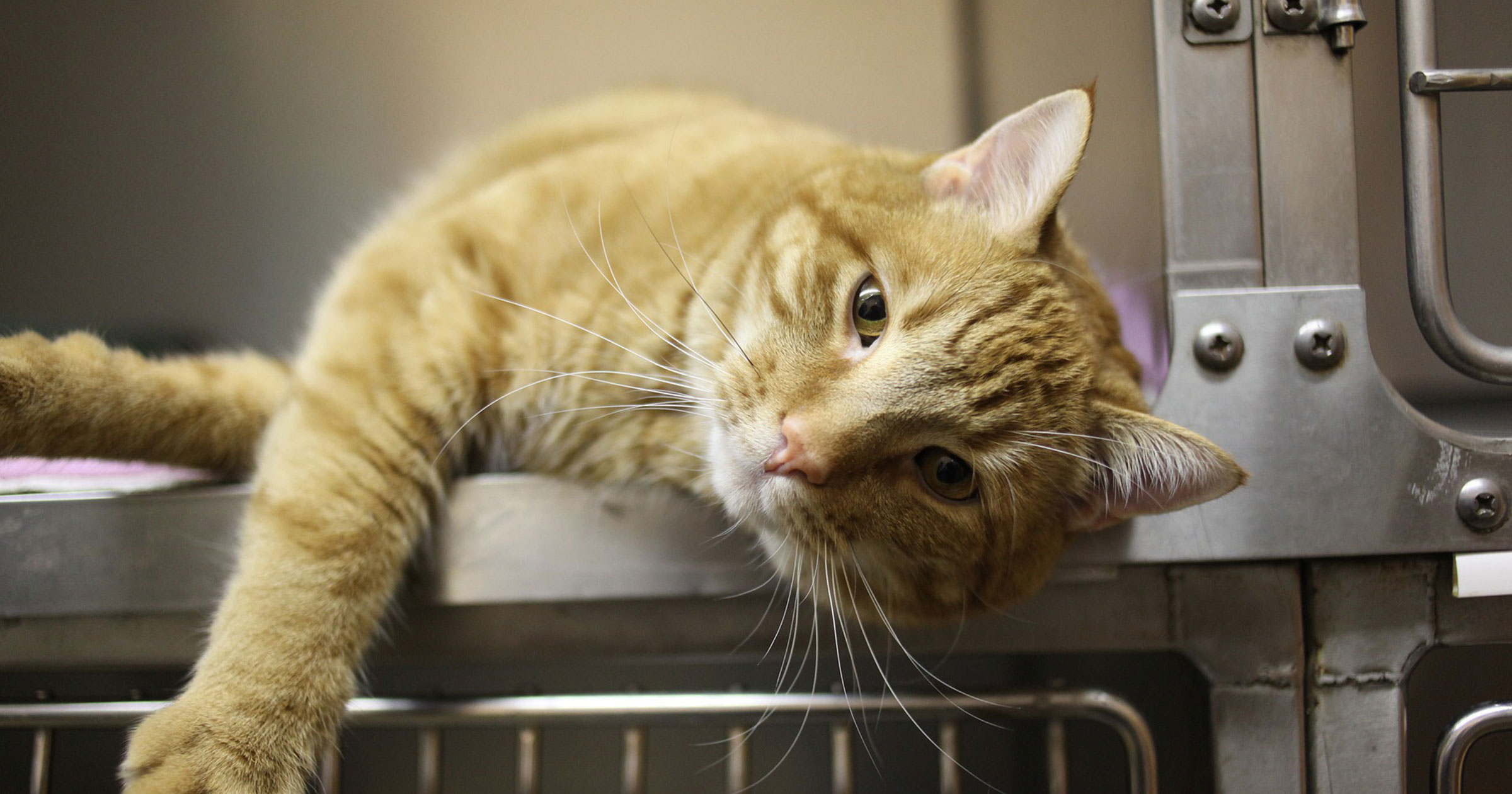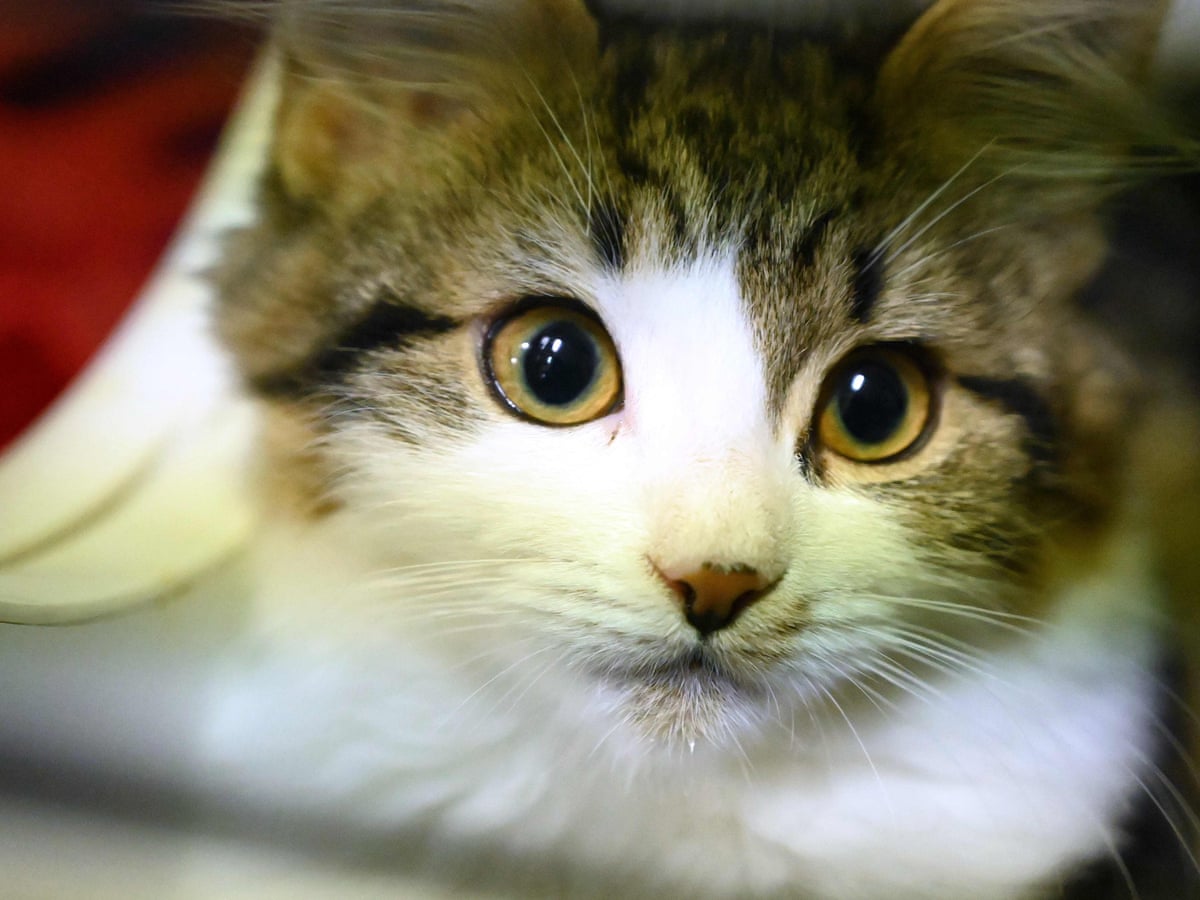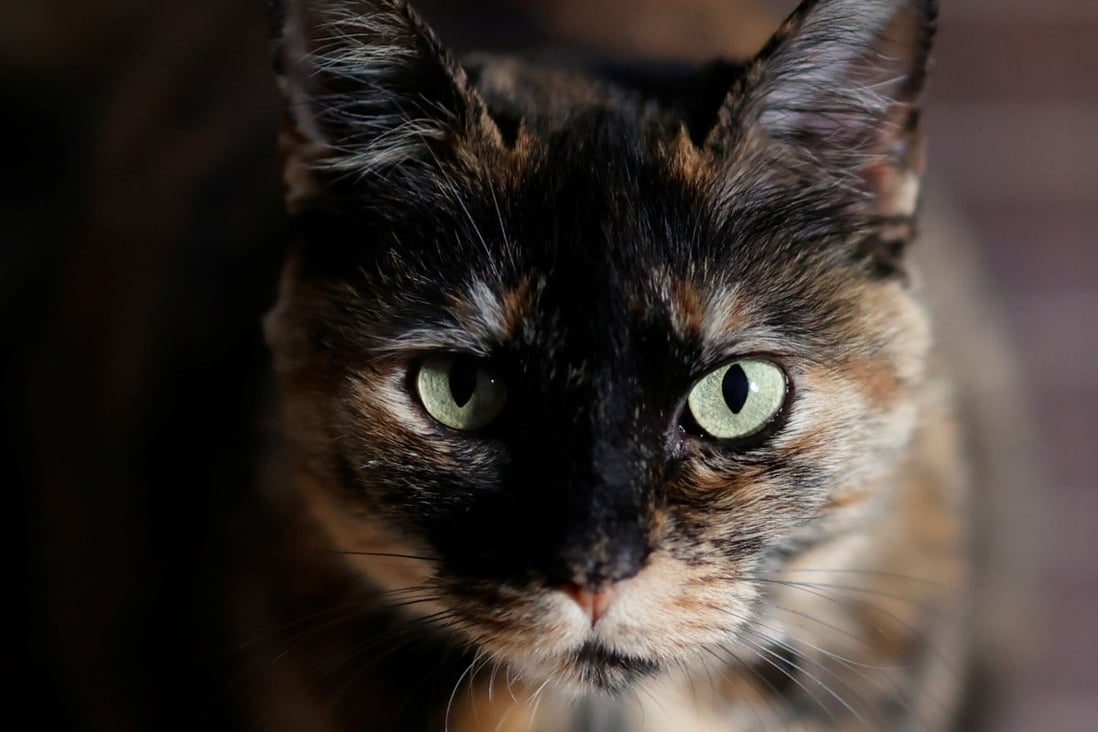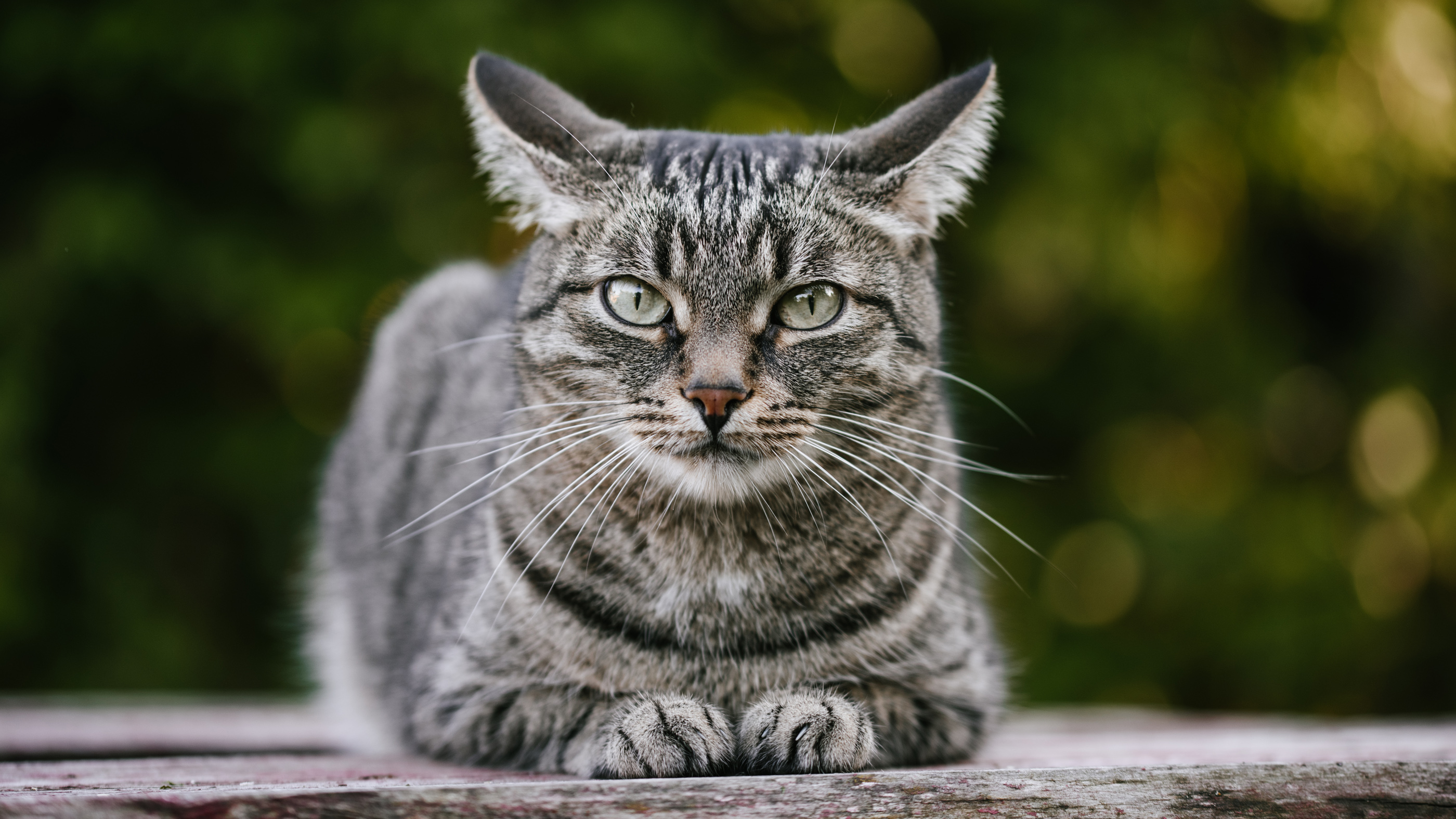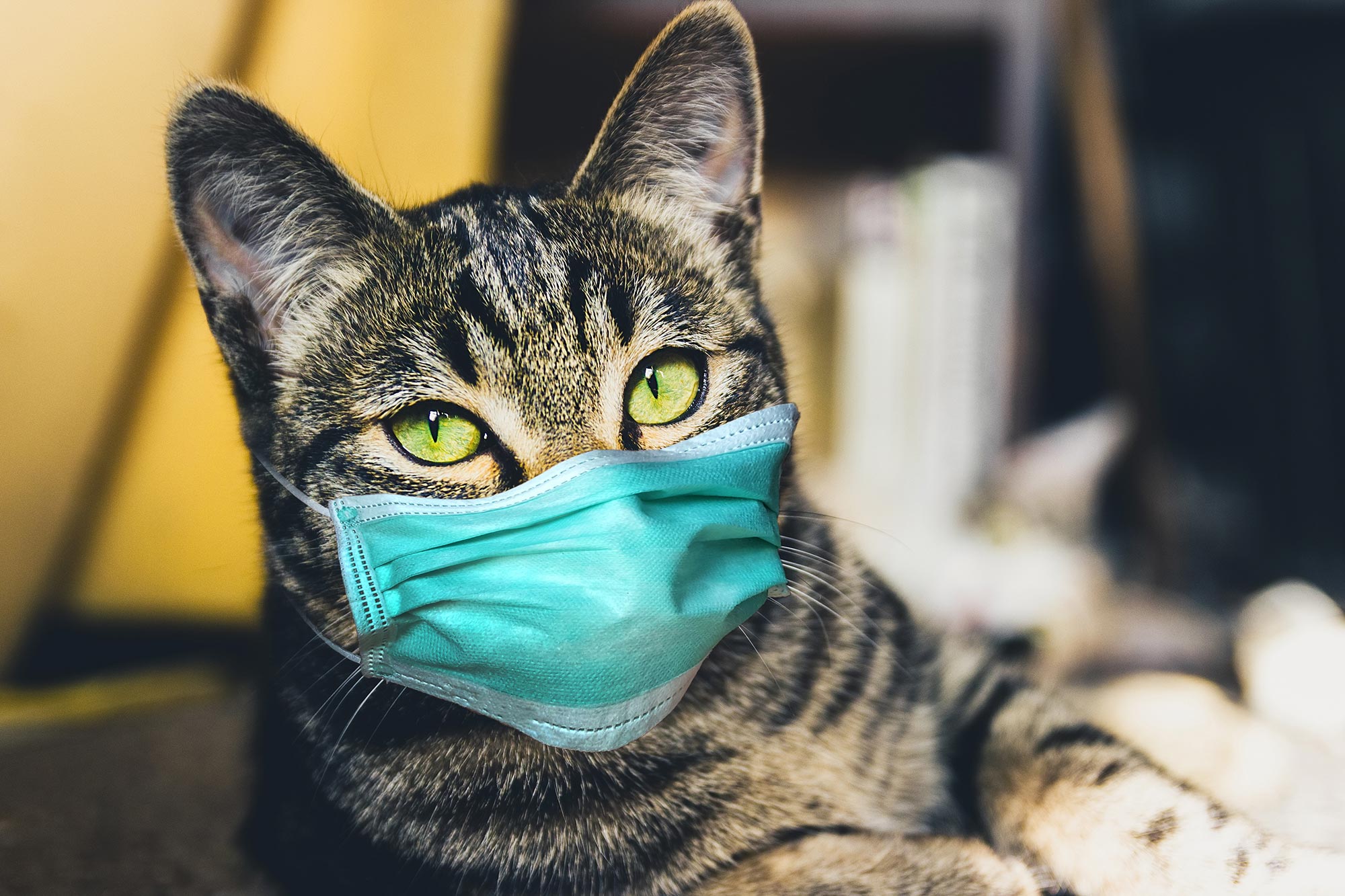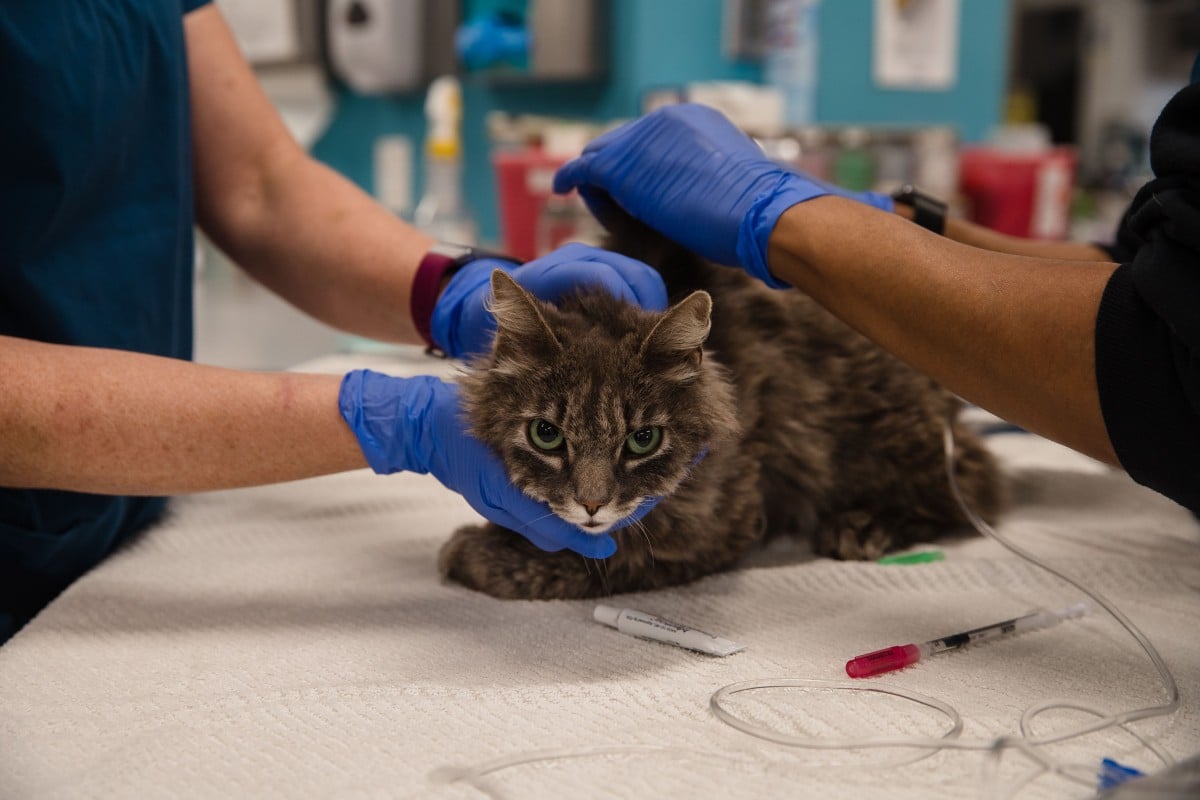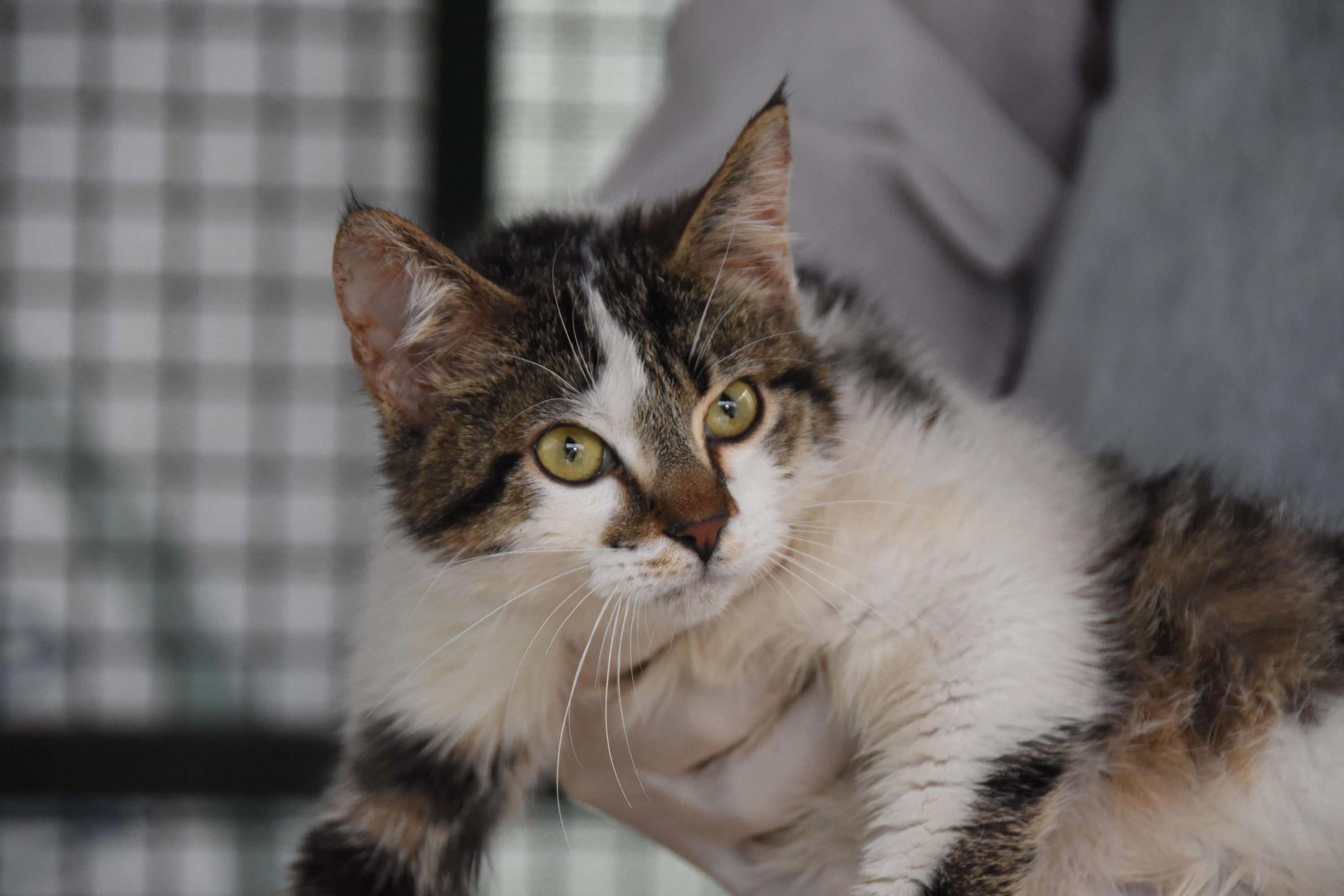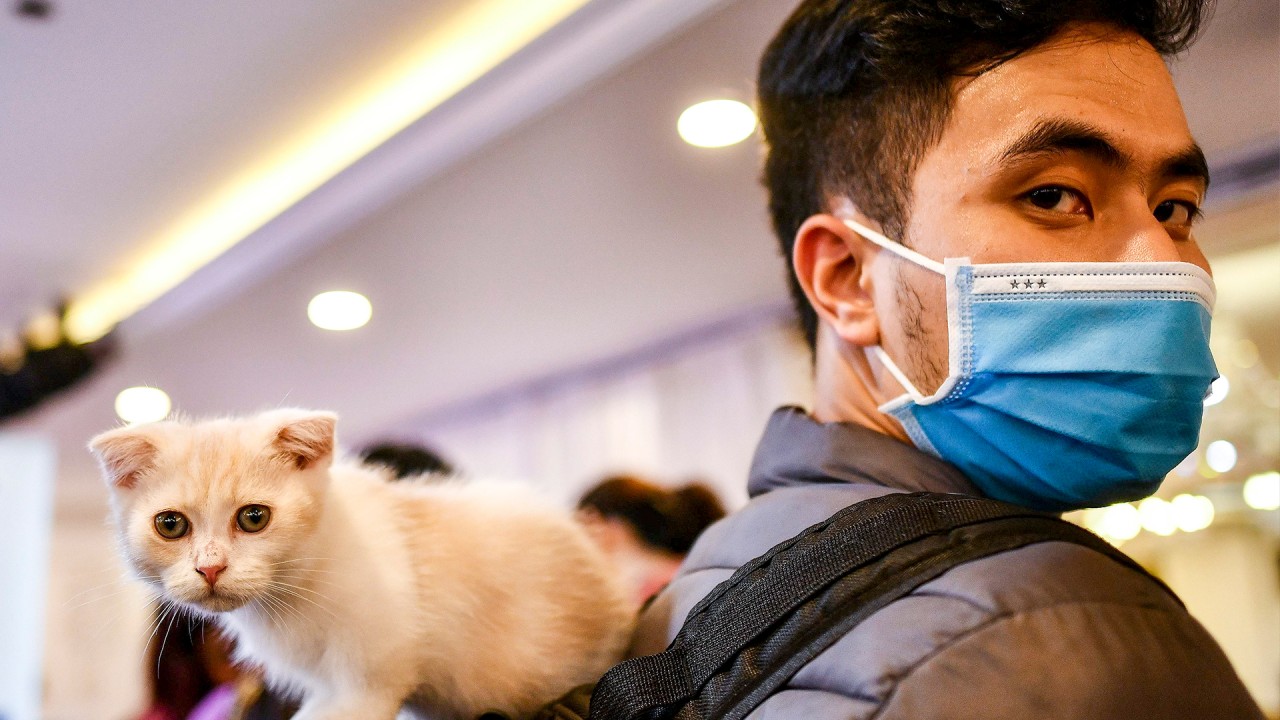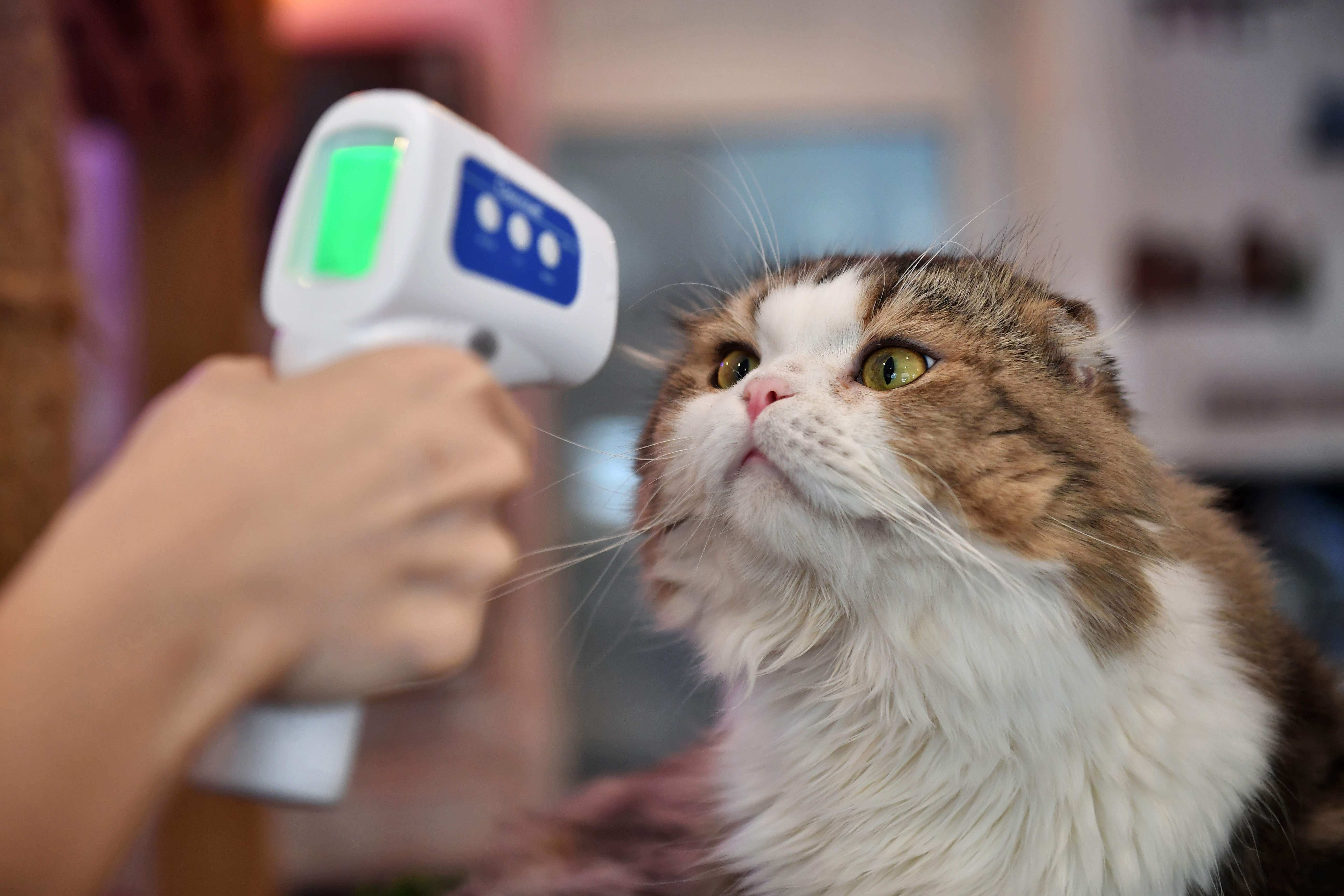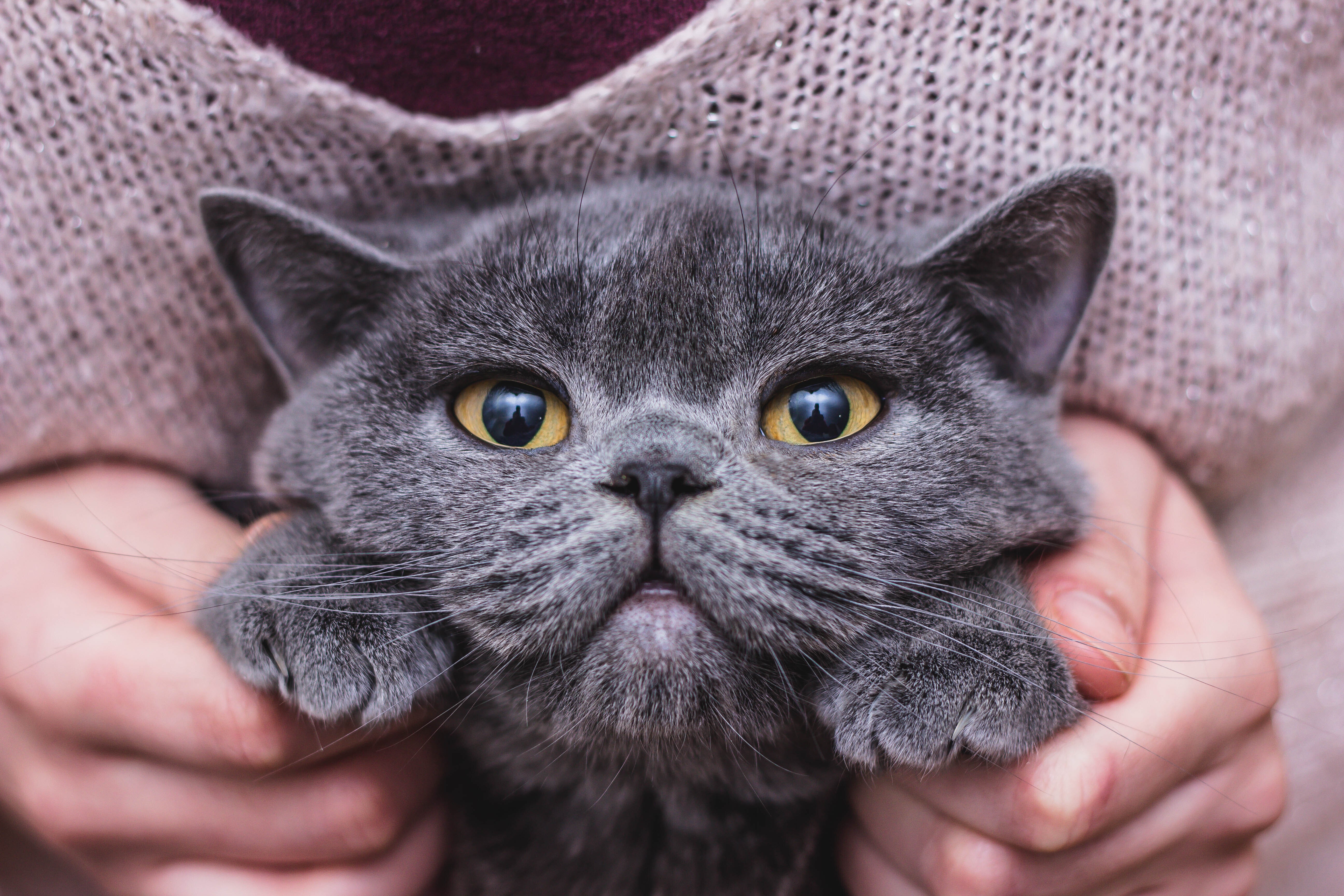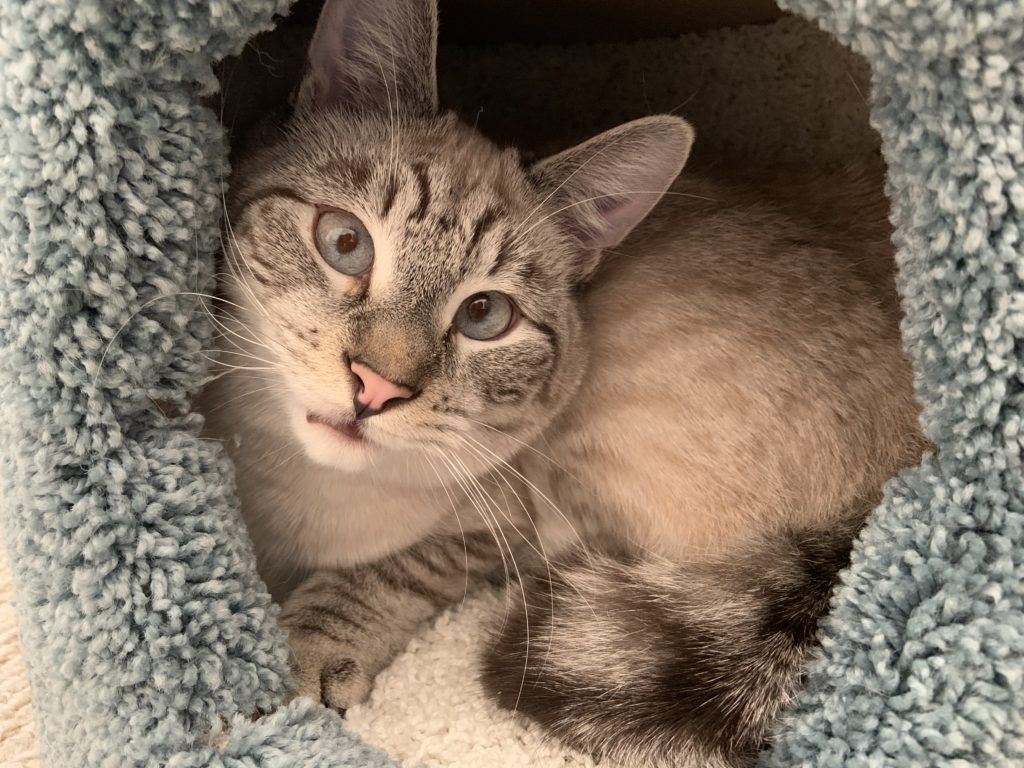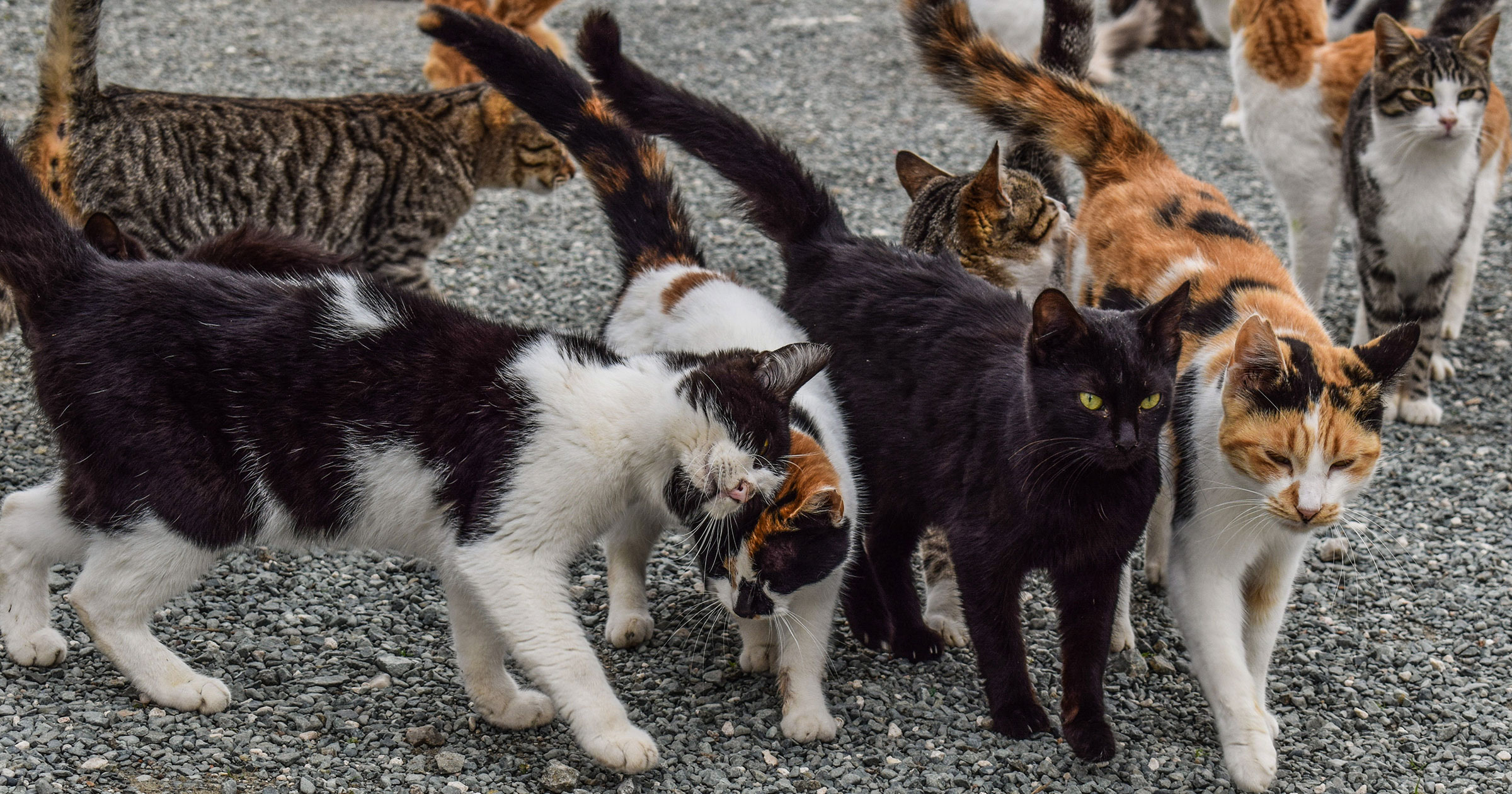Cats And Coronavirus Symptoms

As of late July a total of 97 cats in the United States have tested positive for the virus.
Cats and coronavirus symptoms. There is so far no evidence that pets can pass COVID-19 to humans. The cat experienced breathing difficulties and nasal discharge stock image. Our pets are different from us so its not surprising their coronavirus tests differ too.
This infection can affect the brain liver kidneys lungs and skin. In some cases cats will also have excessive thirst and urination vomiting weight loss and jaundice. Most of these animals became infected after contact with people with COVID-19 including owners caretakers or others who were in close contact.
It is more commonly found in multi-cat households and does not affect. The pets that did become ill only experienced mild symptoms and could be cared for at home. Two cats in New York have been infected with the novel coronavirus federal officials announced Wednesday.
The majority of cases were mild and only 20 percent of dogs and 30 percent of cats had symptoms. Feline Coronavirus FCoV and Feline Infectious Peritonitis FIP VETERINARY GUIDE 10. Your cat can get COVID-19.
Experts advise coronavirus-infected households to keep their pet cats indoors. What if my pet shows symptoms coughing fever chills of human coronavirus COVID-19. Of the small number of dogs and cats confirmed to have the virus that causes COVID-19 some didnt show any signs of illness.
If youve been diagnosed with are suspected of having or are displaying characteristic symptoms of coronavirus COVID-19 it is advisable to minimise the amount of time your cat spends outdoors unsupervised. Cats appear to be at least mildly susceptible to COVID-19. The most common human symptoms are a high temperature a new continuous cough or a loss or change to your sense of smell or taste.

